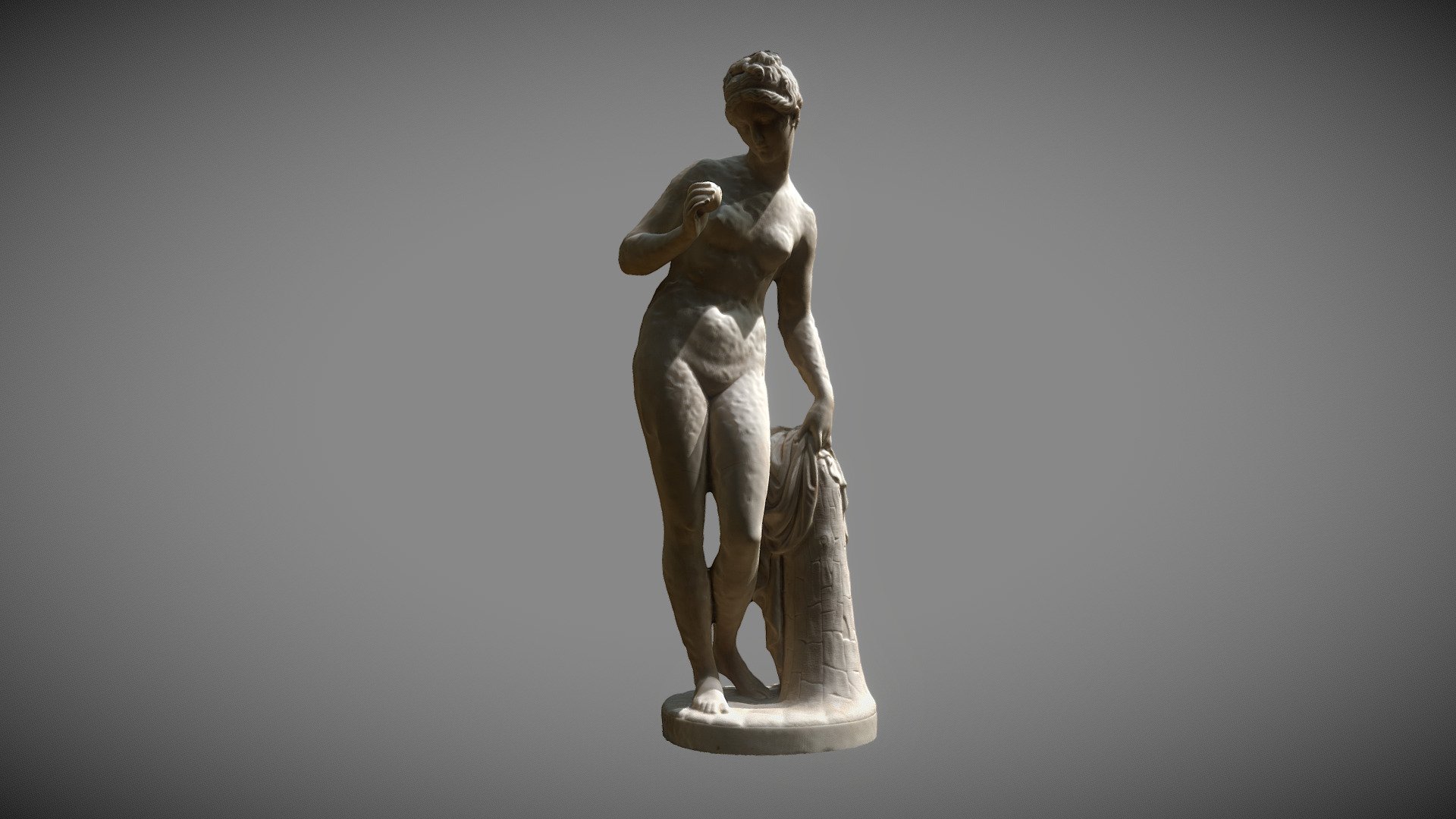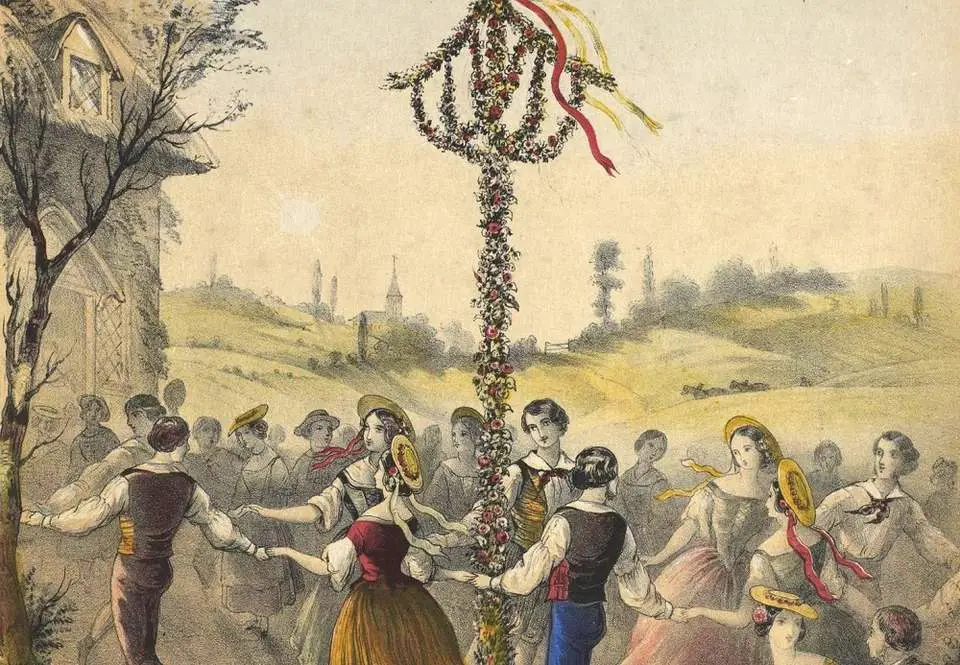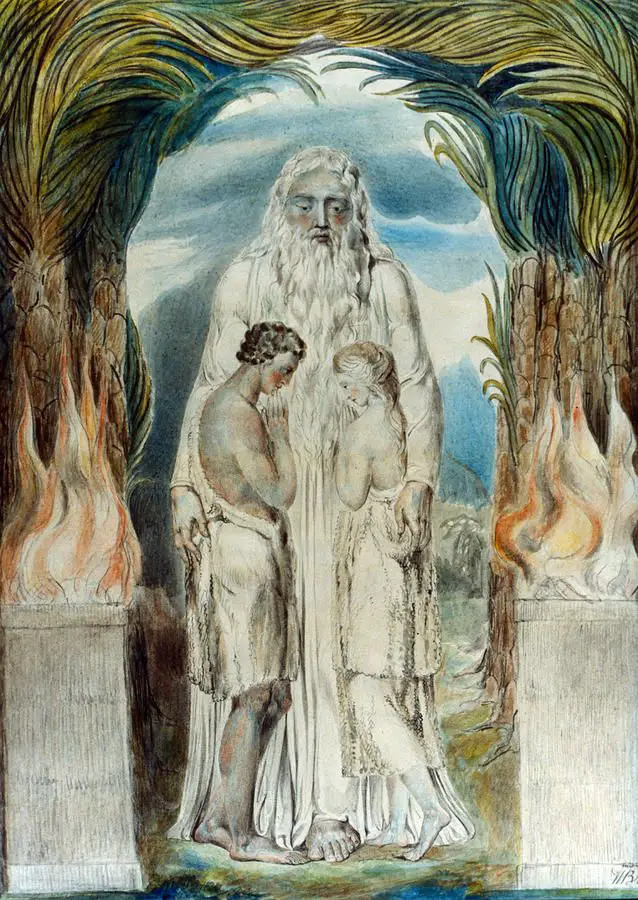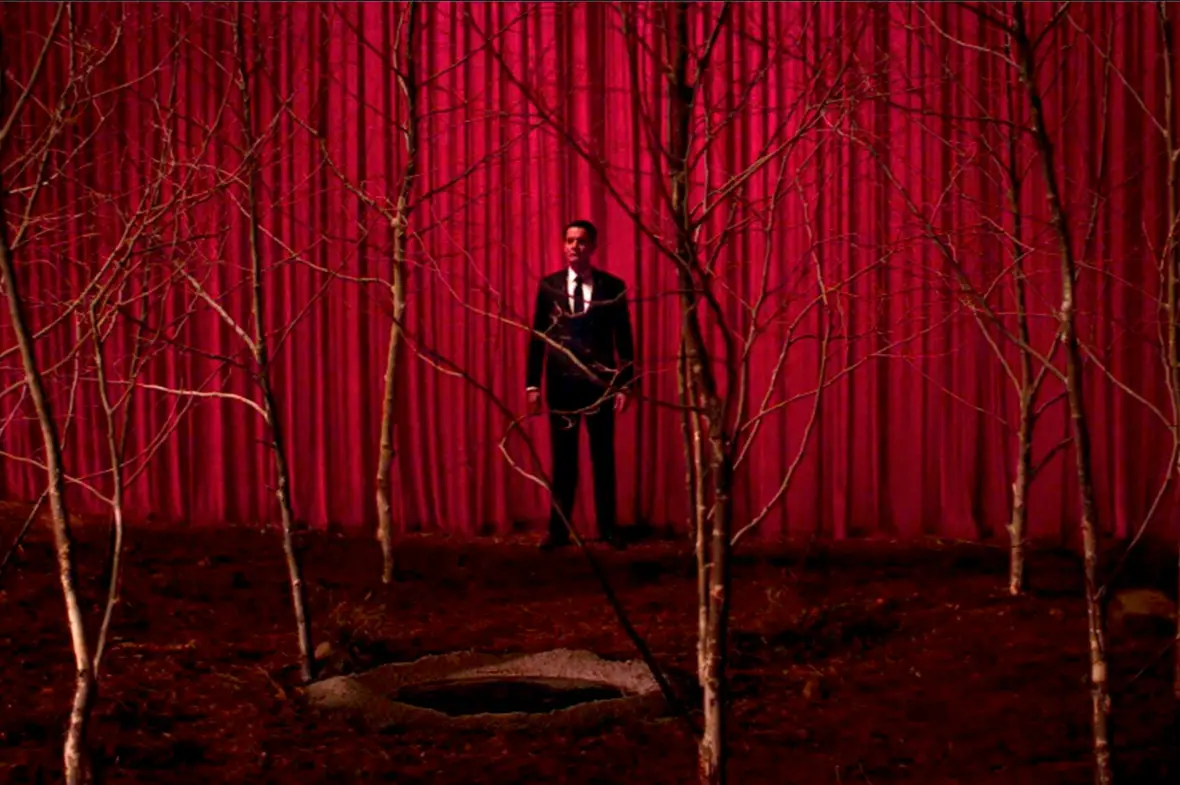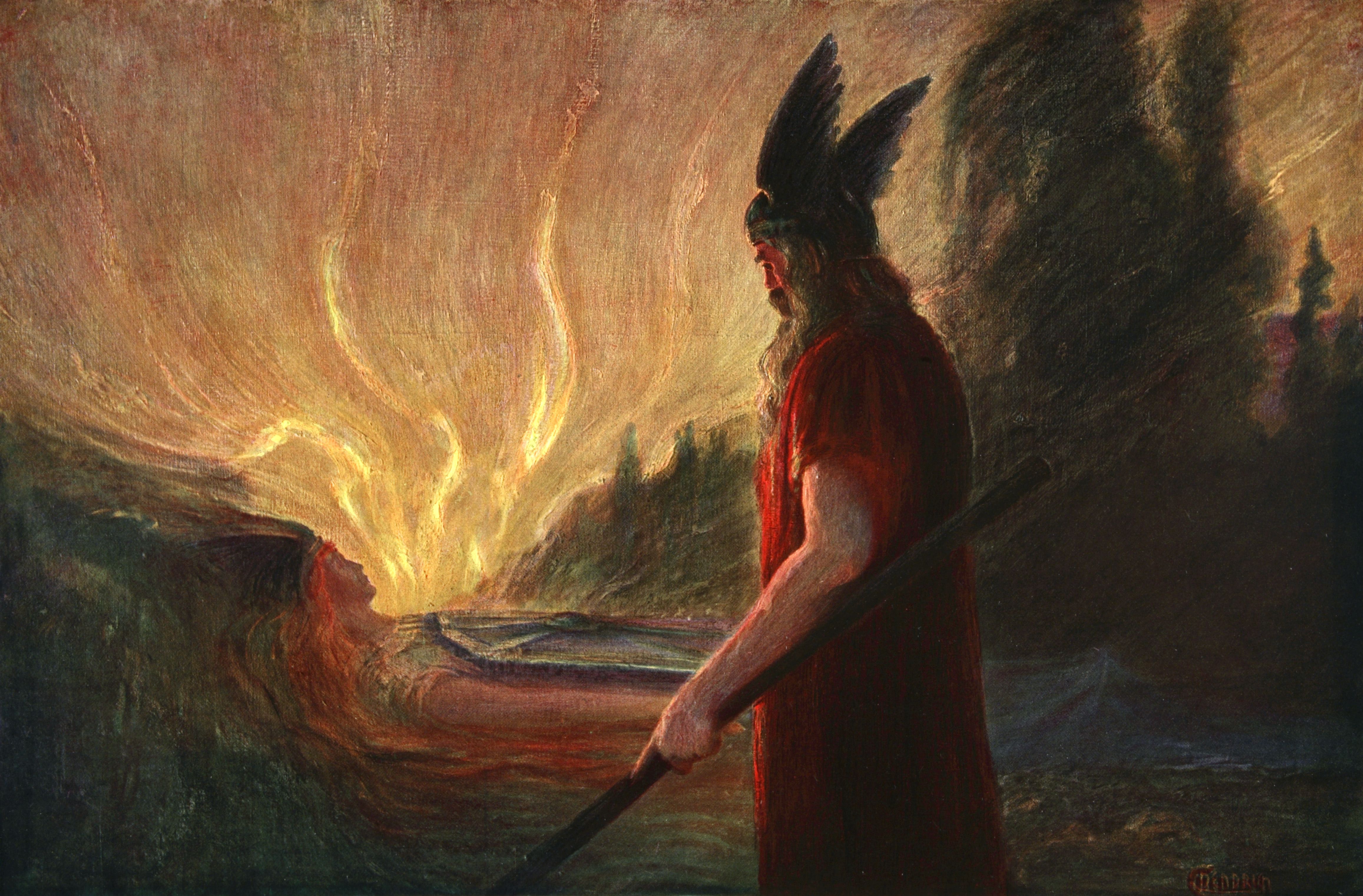Tag: Cosmic Tree
"May be welcome": rites and traditions of Calendimaggio (Alfredo Cattabiani)
On the occasion of May 1st we publish this writing by the never sufficiently remembered Alfredo Cattabiani (who among other things, ironically, was born and died in May, respectively on the 26th and 18th of the month), dedicated to ancient rites and traditions and popular on Calendimaggio. Taken from his book "Calendar".
The Second Half of the Paradise Age: Some Preliminary Concepts
In this new appointment of the "Manvantara" cycle we pass to analyze the passage between the first Great Year and the second and, consequently, the 'fall' in form and time and the separation of the two principles male (Adam) and female (Eve) .
The possible connections between "Twin Peaks" and Germanic mythology
Already previously we had analyzed the esoteric elements of the successful television series by David Lynch & Mark Frost: in this new appointment we will focus specifically on the influences, identifiable in “Twin Peaks”, deriving from the Norse and Celtic tradition.
Guido von List and the magical-religious tradition of the Ariogermans
Wotan's wisdom is knowledge, magic and poetry at the same time. He not only knows the mysteries of the Nine Worlds and the order of their lineages, but also the destiny of men and the fate of the universe itself. Perhaps this is why He, unique among the Ases, was able to give a spiritual conscience to the human being: because, by accessing the supreme communion with the Great Mystery, and learning the secrets of the alphabet of the cosmos, He was able to synthesize all and seven spirits of the Aesis in a single spiritual entity, what the ancient Greeks called pneuma. With this magical act Wotan, according to Logos, originated from himself the third Logos, the one who has the power to give spiritual Life to the human being, just as the second Logos self-generated from the First.
At the turn of the nineteenth and twentieth centuries, using an approach halfway between the anthropological and the occult, the Viennese scholar Guido von List attempted a reconstruction of the Germanic Urgrund, analyzing the more esoteric aspects of the cosmogony and pre-Christian religion of the ancient Central European peoples .
di Marco Maculotti

